Nutritionists play a pivotal role in the health and wellness industry, offering expert advice on diet and nutrition to improve overall well-being. As we enter 2024, the demand for skilled nutritionists continues to grow. This guide aims to provide an in-depth look at what a nutritionist does, the educational pathways to becoming one, the differences between dieticians and nutritionists, and the pros and cons of pursuing a career in nutrition.
Understanding the Role of a Nutritionist
- Definition and Scope: A Nutritionist is an expert in dietary science and nutrition, guiding individuals to enhance their health through informed food choices. They often work in research, the food industry, community projects, and preventative health sectors.
- Educational Requirements: To be a professional Nutritionist in the UK, one needs at least a Bachelor’s degree in Nutrition (BSc) or a related field. Membership in the UK Voluntary Register of Nutritionists (UKVRN) is required to use the title ‘Registered Nutritionist’ (RNutr).
- Work Environments: Nutritionists collaborate with various healthcare professionals, including nurses and dietitians, and may work in diverse settings like schools, nursing homes, and non-profit organizations.

The Pathway to Becoming a Nutritionist
- Pre-degree Studies: Aspiring nutritionists typically require a strong foundation in sciences, with universities demanding at least a B grade in biology and another science subject like chemistry or physics.
- Degree Programs: Nutritionist degree programs cover a broad range of topics from food science to dietetics. It’s crucial to choose a program accredited by relevant bodies and tailored to your career goals.
- Professional Skills: Successful nutritionists possess a blend of scientific knowledge, communication skills, empathy, and business acumen (for those pursuing private practice).
- Nutrition Without a Degree: In the UK, a university degree is the standard pathway to becoming a qualified nutritionist. Practical experience, however, can be an asset in tandem with formal education.
Distinguishing Between Dietitians, Nutritionists, and Nutritional Therapists
- Dietitians vs. Nutritionists: Dietitians are regulated healthcare professionals often working in clinical settings. Nutritionists, while also qualified, offer broader dietary advice and may work in various sectors, including public health and the food industry.
- Nutritional Therapists: They practice alternative treatments, focusing on ‘healing’ and ‘correcting’ the body through diet.
The Advantages and Challenges of Being a Nutritionist
- Pros:
- Rewarding career helping people improve their dietary habits and health.
- Well-compensated profession with diverse opportunities in sectors like healthcare and the food industry.
- Potential for self-employment or employment in organizations like the NHS.
- Cons:
- The pathway to becoming a qualified nutritionist can be lengthy (3-4 years) and costly (around £30,000).
- The role can be challenging, as changing eating behaviors is often a complex and gradual process.

The Future and Evolution of the Nutritionist Role
As we look towards the future, the role of nutritionists is expected to evolve, with a growing emphasis on personalized nutrition and the integration of technology in diet planning. Nutritionists must stay abreast of the latest research and trends to provide the most effective advice and support to their clients.
Conclusion
A career as a nutritionist offers a fulfilling opportunity to make a significant impact on individuals’ health and well-being. With the right education, skills, and dedication, nutritionists can lead successful careers in various sectors, helping people make informed choices about their diet and lifestyle. As the field continues to grow and evolve, staying informed and adaptable will be key to thriving in this dynamic profession.




